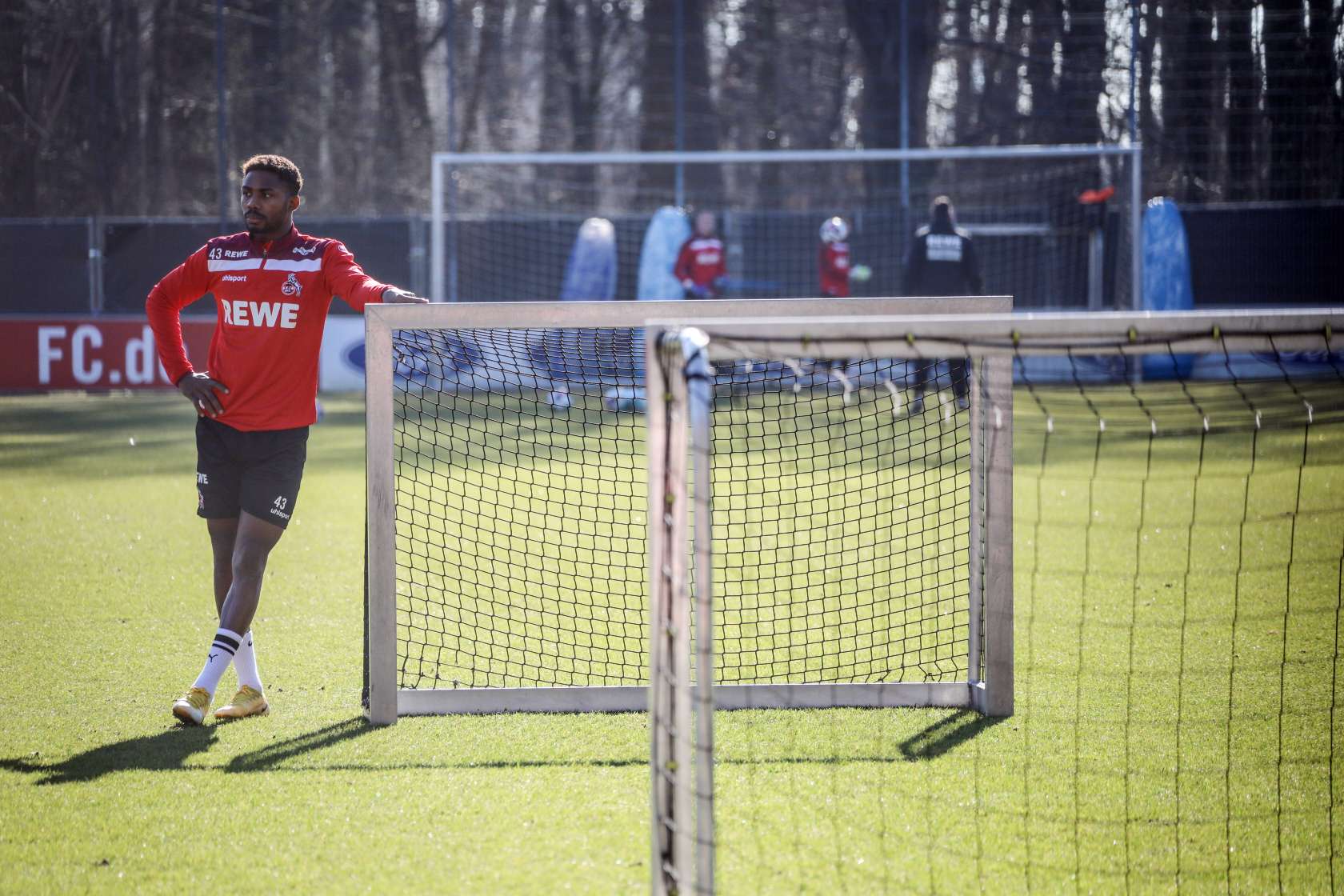In what should have been a straightforward Africa Cup of Nations qualifier, the Super Eagles of Nigeria have found themselves trapped in a humiliating ordeal that puts the spirit of sportsmanship under scrutiny.
Scheduled to face Libya in Benina on Tuesday for a crucial matchday four fixture, Nigeria’s national team remains stranded, fatigued, and seemingly abandoned at the Al Abraq Airport in Libya.
After more than 12 hours of waiting in inhumane conditions, the game is now shrouded in uncertainty.
Is this a case of calculated mind games by Libya or something far more sinister?
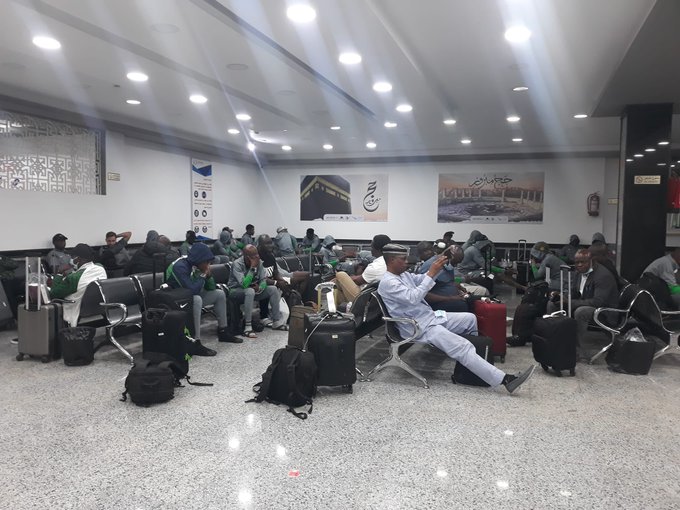
Super Eagles Stranded for Over 12 Hours at Al Abraq Airport
The Nigerian delegation arrived in Libya full of optimism, but their expectations were immediately dashed when their chartered ValueJet aircraft was inexplicably diverted to Al Abraq International Airport, far from their intended destination of Benghazi.
In a startling turn of events, the aircraft, which was just minutes away from landing in Benghazi, was rerouted to this little-known airport typically used for hajj operations, with no prior notice.
Twelve hours later, the Super Eagles remain stuck at the airport, frustrated and confused, as they wait for basic hospitality that never arrives.

Neither the Libyan Football Federation nor the airport authorities have provided transportation or even acknowledged the team’s arrival.
Benghazi, the actual venue for the match, is three hours away, but Nigeria’s efforts to make alternate travel plans have been repeatedly thwarted.
This ordeal is not only embarrassing but potentially dangerous for the Nigerian players and officials, who are visibly exhausted after hours of waiting in a foreign land.
For a nation that has consistently excelled in African football, the level of disrespect shown towards Nigeria is unfathomable.
Why Are the Libyans Angry?
Libya’s unwelcoming attitude towards Nigeria may have its roots in what transpired during the first leg of the AFCON qualifying fixture in Nigeria.
Libyan media outlets accused Nigeria of mistreating their delegation upon arrival in Uyo on Friday, a claim strongly refuted by the Nigeria Football Federation (NFF).
According to the NFF, the confusion stemmed from poor communication from the Libyan Football Federation itself.
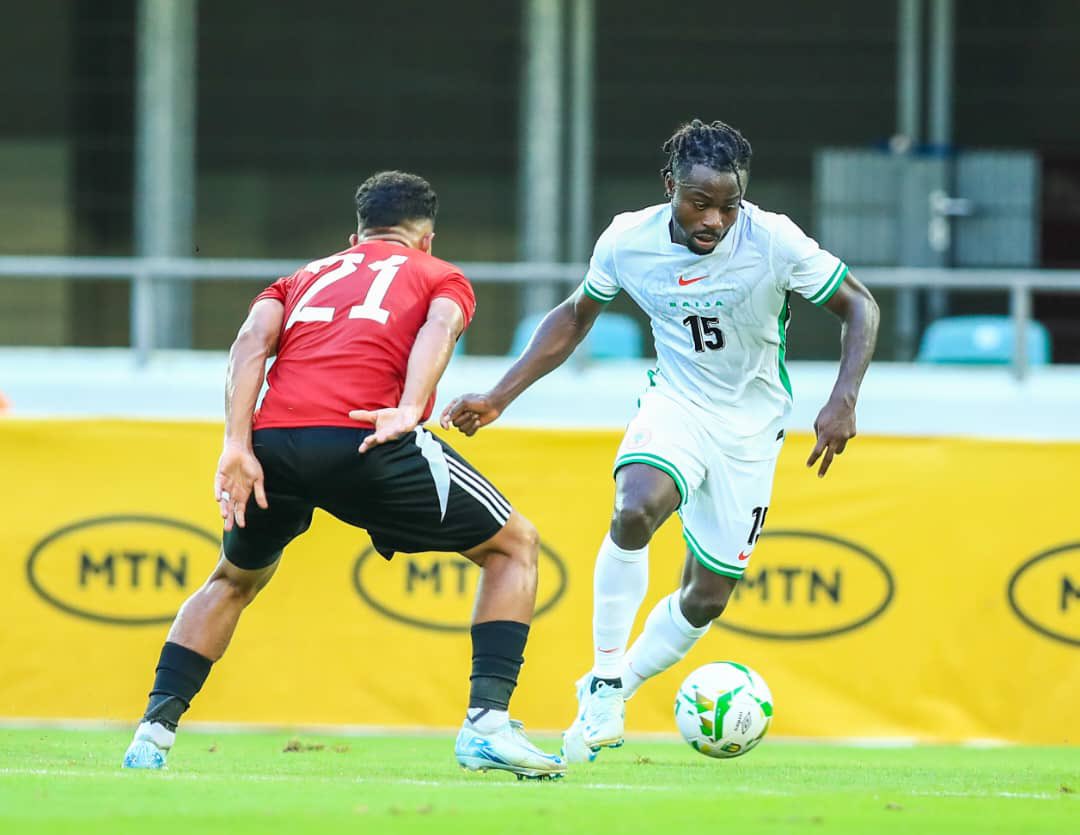
In a detailed account, Emmanuel Ayanbunmi, the NFF’s Assistant Director of Protocol, explained that the Libyan team arrived in the wrong city due to last-minute changes in their flight schedule.
The Libyan FA failed to properly coordinate their arrival with the NFF, leading to logistical hiccups.
Though the NFF made every effort to accommodate Libya, including securing special federal approval for their plane to fly from Port Harcourt to Uyo, the Libyan delegation opted for a less comfortable road journey.
Despite these complications, the match was played, with Nigeria emerging victorious in a 1-0 win.
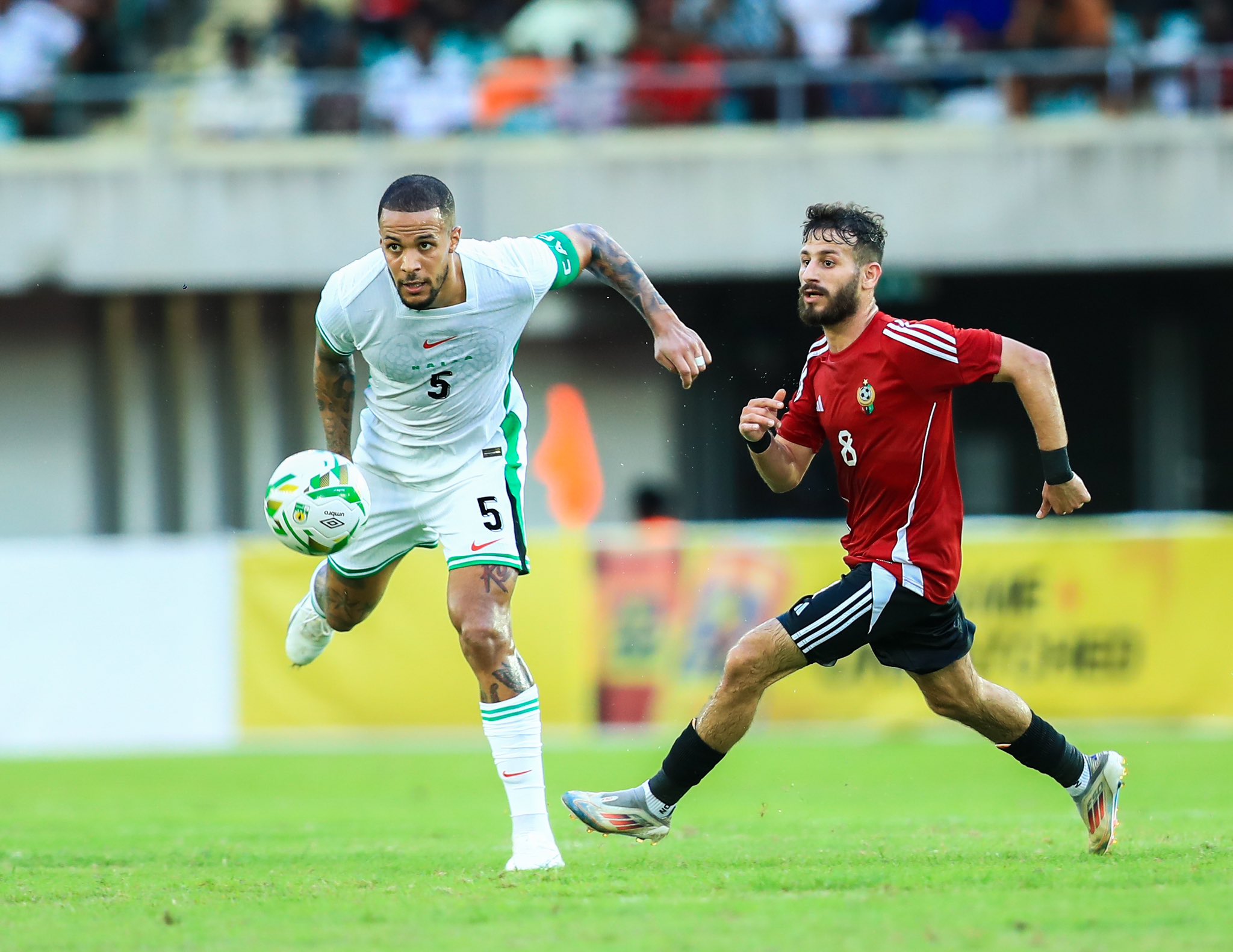
But it appears the wounds from that encounter are still festering, and Libya may now be attempting to exact revenge through its questionable treatment of the Nigerian team.
Super Eagles Decide Not to Play as NFF Plans Emergency Exit
Twelve hours of waiting at the Al Abraq Airport have taken their toll on the Nigerian players, who have unanimously resolved not to play the match against Libya.
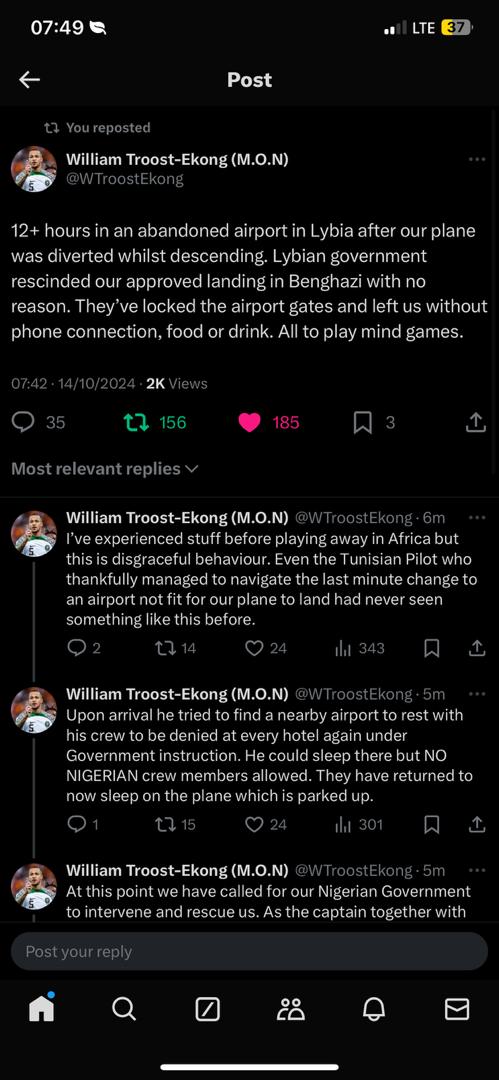
Citing concerns over player health and well-being, the NFF is working on emergency plans to fly the team back to Nigeria as soon as possible.
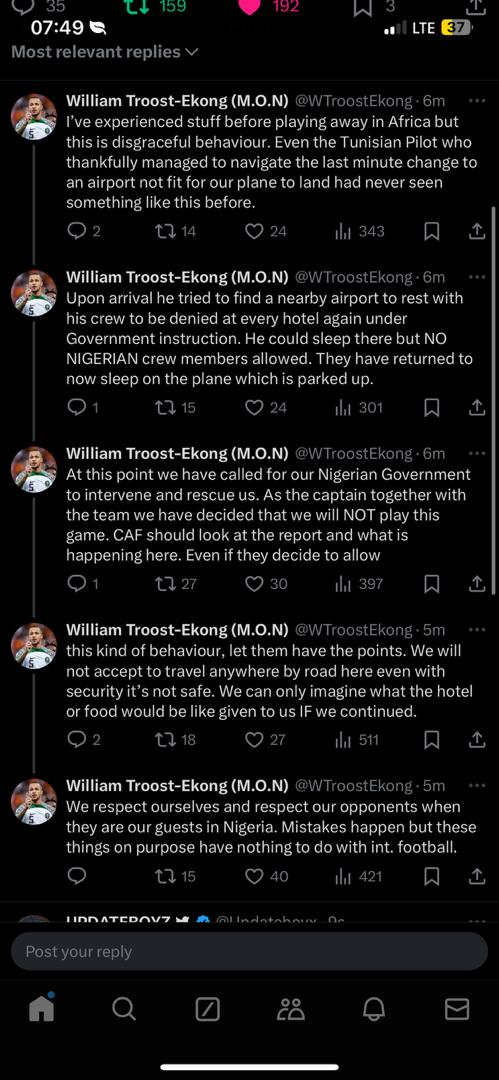
It is difficult to see how this situation can be salvaged.
The Super Eagles, who arrived in Libya intending to give their all on the pitch, have instead been subjected to an entirely different kind of battle — one fought in the shadows of football’s dark side.
The NFF has already consulted team doctors, who have advised against playing the match due to the players' deteriorating physical condition after being stuck for over 12 hours without proper rest or food.
For the Nigerian delegation, the decision is clear: they will not honour the match, and they are returning home.
Hostage-Taking, Not Mind Games
What has transpired in Libya is not just another example of the psychological warfare often employed in football.
This is far more severe. Libya’s actions cannot be dismissed as mere mind games or the dark arts of sports.

This is hostage-taking in its rawest form — stranding a team at an airport for over 12 hours with no communication, no support, and no way out.
Such barbaric conduct has no place in modern football, and it is imperative that CAF (the Confederation of African Football) intervenes immediately to protect the sanctity of the sport.
Nigeria, as one of Africa’s football powerhouses, deserve respect, and the world is watching.
In 2024, there is no room for such shameful acts in a sport that prides itself on unity, fair play, and competition.
What has been done to Nigeria in Libya is nothing short of a disgrace, and strong action must be taken to ensure that such incidents are never repeated. This is not just a crisis for Nigeria — it is a crisis for African football.



